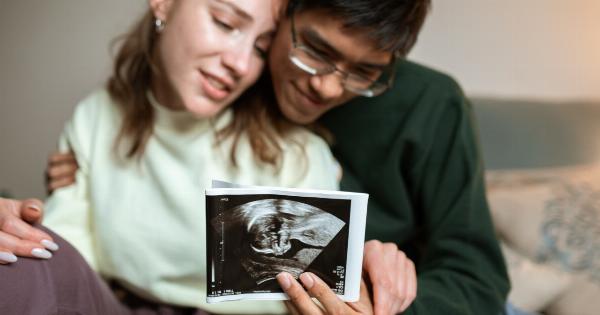When it comes to in vitro fertilization (IVF), couples going through the process are often keen to explore every possible factor that could potentially increase their chances of success. One such factor that has been the subject of speculation is heat.
Some believe that the summer months, characterized by warmer temperatures, may hold the key to higher IVF success rates. In this article, we will delve deeper into this topic and evaluate the current research and evidence available.
The Summer IVF Connection
It is no secret that summer brings along higher temperatures, more sunlight, and a generally pleasant atmosphere. Followers of the heat theory argue that these weather conditions play a vital role in enhancing IVF success rates.
The rationale behind this assumption stems from the notion that heat can positively impact reproductive processes.
The reproductive system is highly sensitive to environmental temperatures. Various studies have shown that higher temperatures can impact sperm production in men, reducing sperm count and motility.
Consequently, proponents of the theory suggest that warmth might also enhance egg quality in women, thereby improving the chances of successful implantation during IVF.
Research and Findings
While the idea of heat increasing IVF success rates sounds promising, it is crucial to examine the scientific evidence backing this claim.
Several studies have attempted to investigate the relationship between temperature and assisted reproductive technologies, such as IVF. Let’s take a closer look at some notable findings:.
1. Sperm Quality
Research has shown that heat can indeed have a negative impact on sperm quality.
A 2017 study published in the journal Human Reproduction discovered that exposing sperm to higher temperatures led to decreased sperm concentration, motility, and morphology. These findings indicate that heat could potentially affect male fertility, which, in turn, might influence IVF outcomes.
2. Timing of IVF
Another aspect to consider is the timing of IVF treatments during summer. Researchers have found that scheduling IVF in the summer months may be advantageous due to several factors.
Firstly, women tend to have higher levels of vitamin D during summer, which has been linked to improved IVF success rates. Secondly, increased sunlight might positively affect hormonal regulation, potentially promoting optimal conditions for a successful cycle.
3. Stress and Relaxation
Summer is often associated with vacations, longer days, and a more relaxed lifestyle. This shift towards relaxation might have a positive impact on IVF success rates.
Stress has long been recognized as a potential hindrance to successful conception, and the summer months can offer couples an opportunity to unwind and reduce stress levels. Lower stress levels could potentially enhance the chances of a successful IVF cycle.
4. Environmental Factors
Aside from heat, there are other environmental factors associated with summer that could contribute to higher IVF success rates.
For instance, people tend to consume more fresh fruits and vegetables during summer, which are rich in antioxidants, vitamins, and minerals that support reproductive health. Additionally, individuals are more likely to engage in outdoor physical activities, promoting overall well-being and potentially benefiting fertility.
The Debate Continues
While some studies and evidence suggest a positive correlation between heat and increased IVF success rates in summer, it is essential to approach this topic with caution.
The relationship between heat and fertility is complex, and various other factors may come into play. It is crucial to consider individual patient characteristics, underlying medical conditions, and other environmental factors that could independently influence IVF outcomes.
Moreover, the impact of heat on IVF success rates may vary depending on the specific techniques used and the geographical location of the fertility clinics.
Different regions experience different temperature ranges and seasonal variations, which may influence the extent to which heat affects IVF outcomes.
Conclusion
While heat may indeed have an impact on IVF success rates during summer, it is important to recognize that it is not the sole determinant of success.
IVF is a complex and delicate process that involves numerous factors, and individual circumstances can significantly influence outcomes.
As couples embark on their journey towards parenthood through IVF, it is crucial to consult with their medical professionals to determine the most appropriate strategies and approaches.
By focusing on individual needs, considering all relevant factors, and maintaining open communication with healthcare providers, couples can optimize their chances of achieving the desired outcome.





























